There is a sense in which we are all each other's consequences
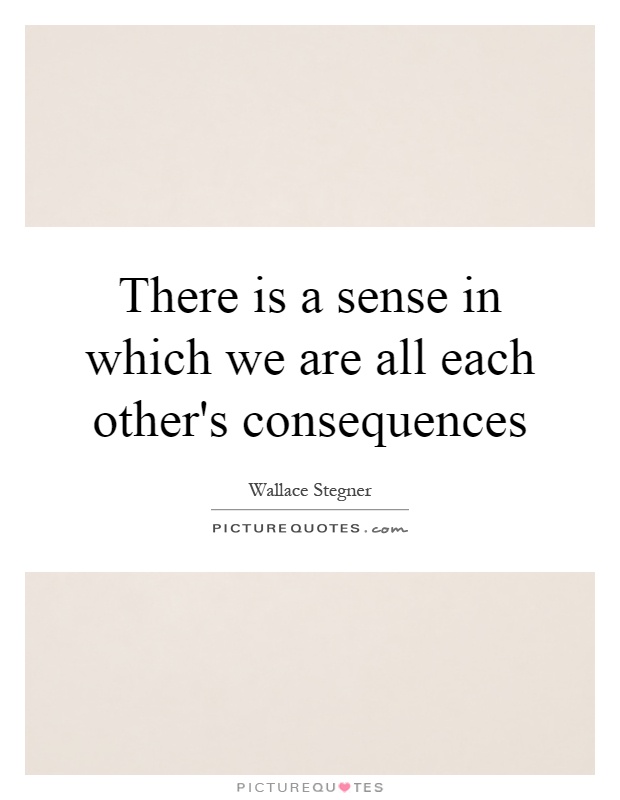
There is a sense in which we are all each other's consequences
Wallace Stegner, a renowned American writer and environmentalist, often explored themes of interconnectedness and the impact of our actions on others in his works. One of his most famous quotes, "There is a sense in which we are all each other's consequences," encapsulates this idea perfectly. In the context of Stegner's writings, this statement can be interpreted in a variety of ways, but at its core, it speaks to the idea that our actions have ripple effects that extend far beyond ourselves.Stegner was deeply concerned with the environment and the ways in which human activities were affecting the natural world. He believed that our actions, whether positive or negative, had consequences that reverberated throughout the interconnected web of life on Earth. For example, if we pollute a river, it not only harms the plants and animals that rely on that water source, but it also affects the communities that depend on the river for their livelihoods. In this way, we are all interconnected, and our actions have far-reaching consequences that impact not only ourselves but also those around us.
Furthermore, Stegner also explored the idea of how our personal choices and behaviors can influence the lives of others. For example, if we choose to act with kindness and compassion, we can inspire others to do the same, creating a ripple effect of positivity and goodwill. On the other hand, if we act selfishly or destructively, we can cause harm to those around us and perpetuate a cycle of negativity.

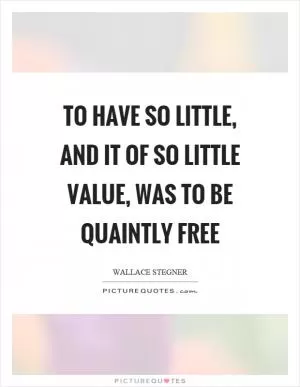


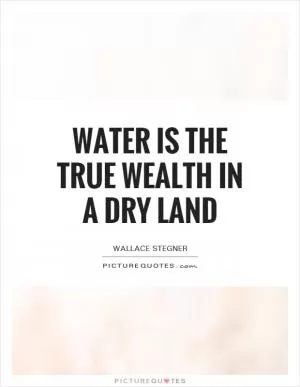
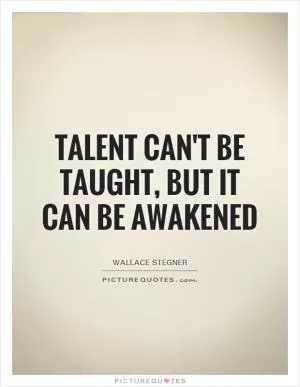

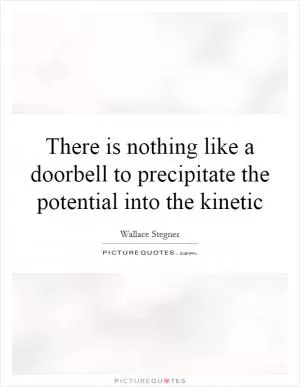


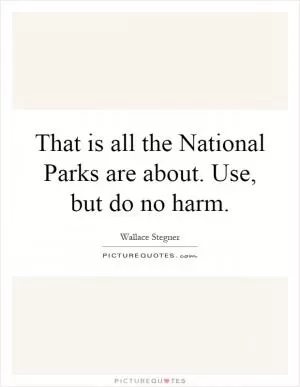

 Friendship Quotes
Friendship Quotes Love Quotes
Love Quotes Life Quotes
Life Quotes Funny Quotes
Funny Quotes Motivational Quotes
Motivational Quotes Inspirational Quotes
Inspirational Quotes